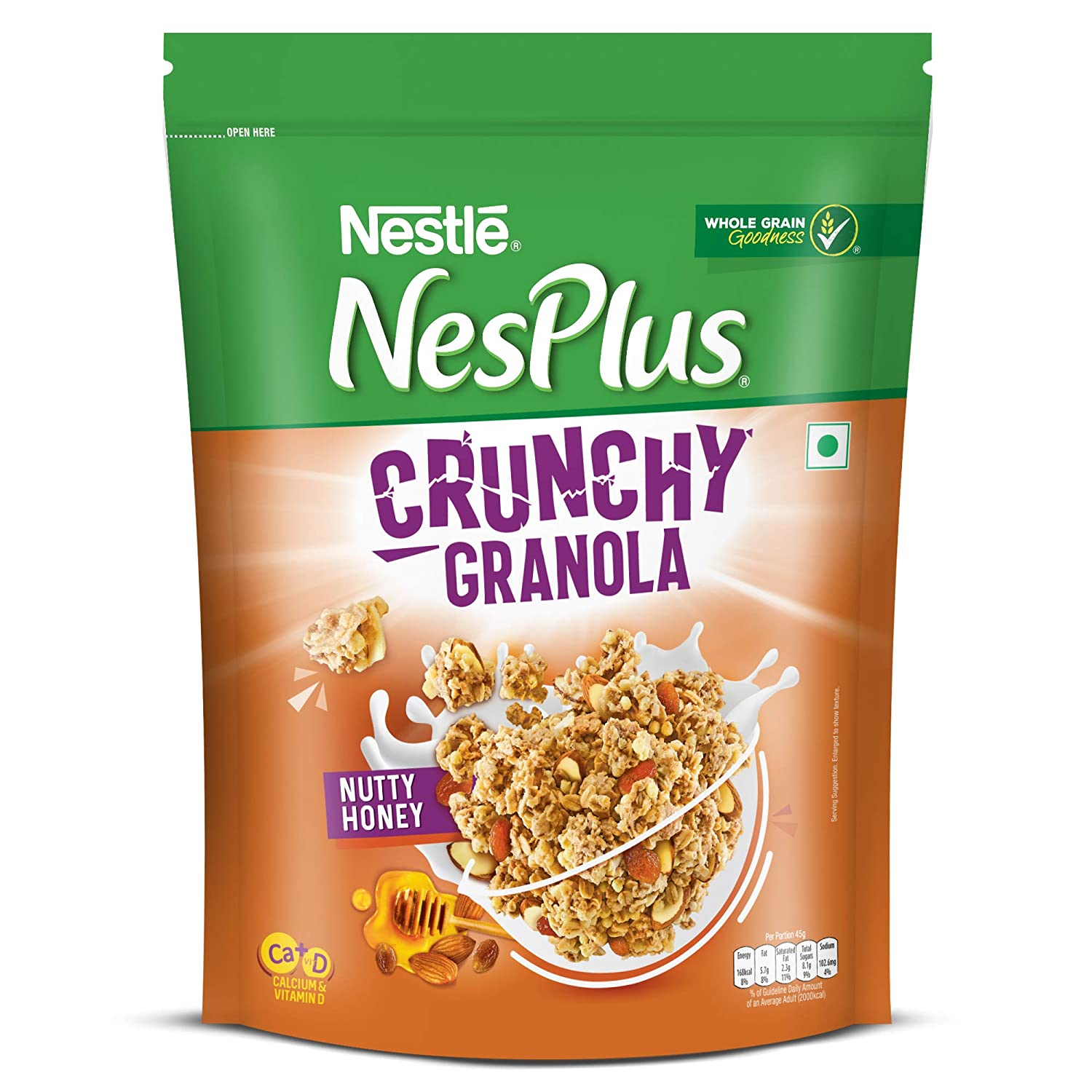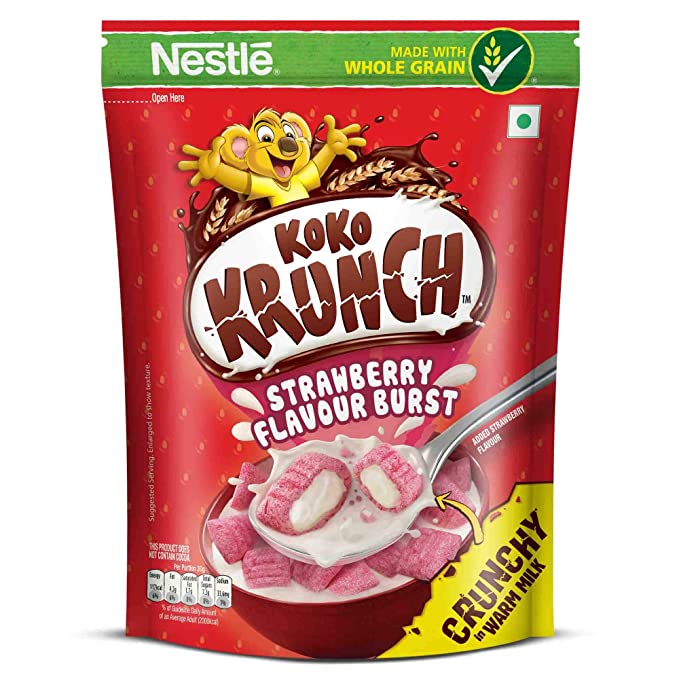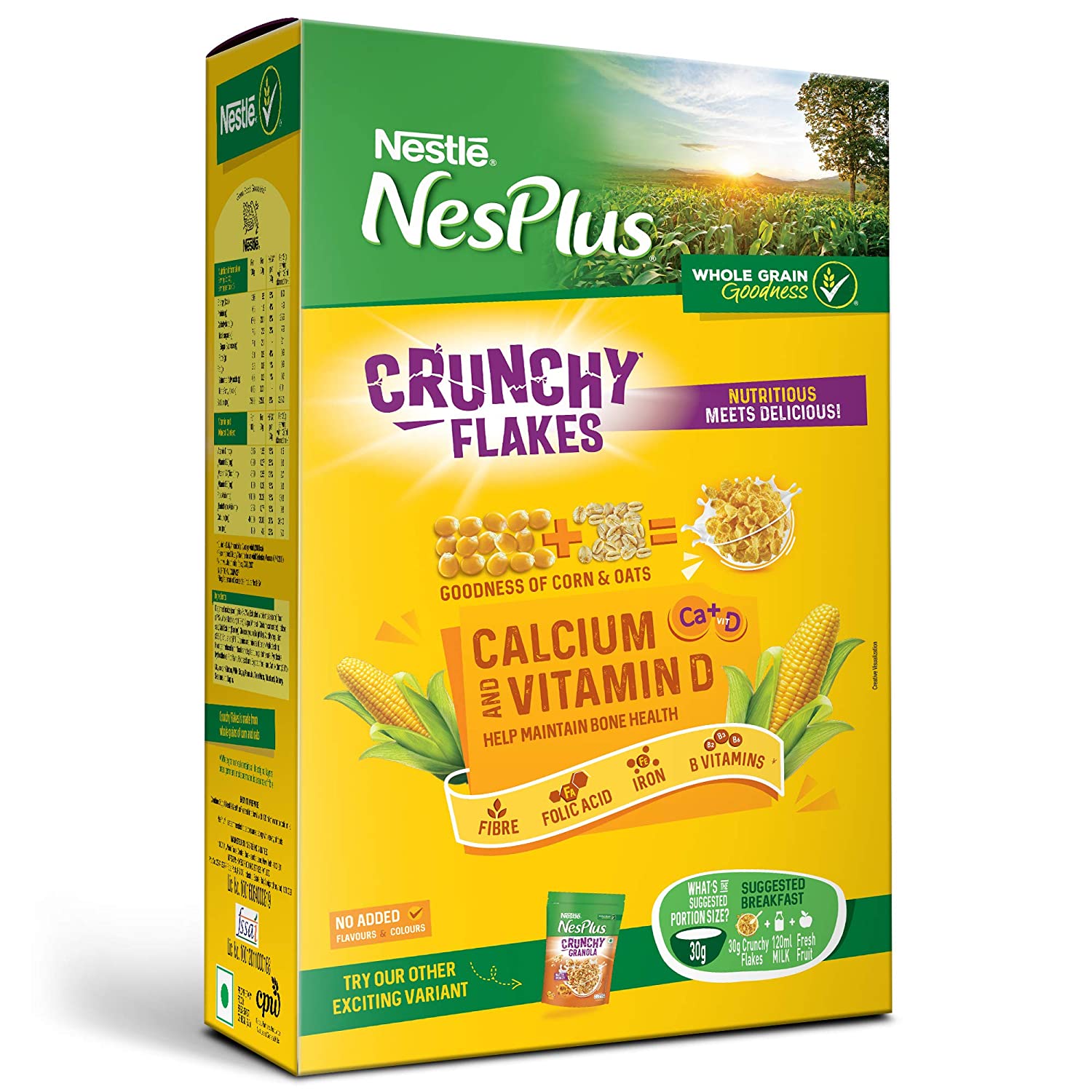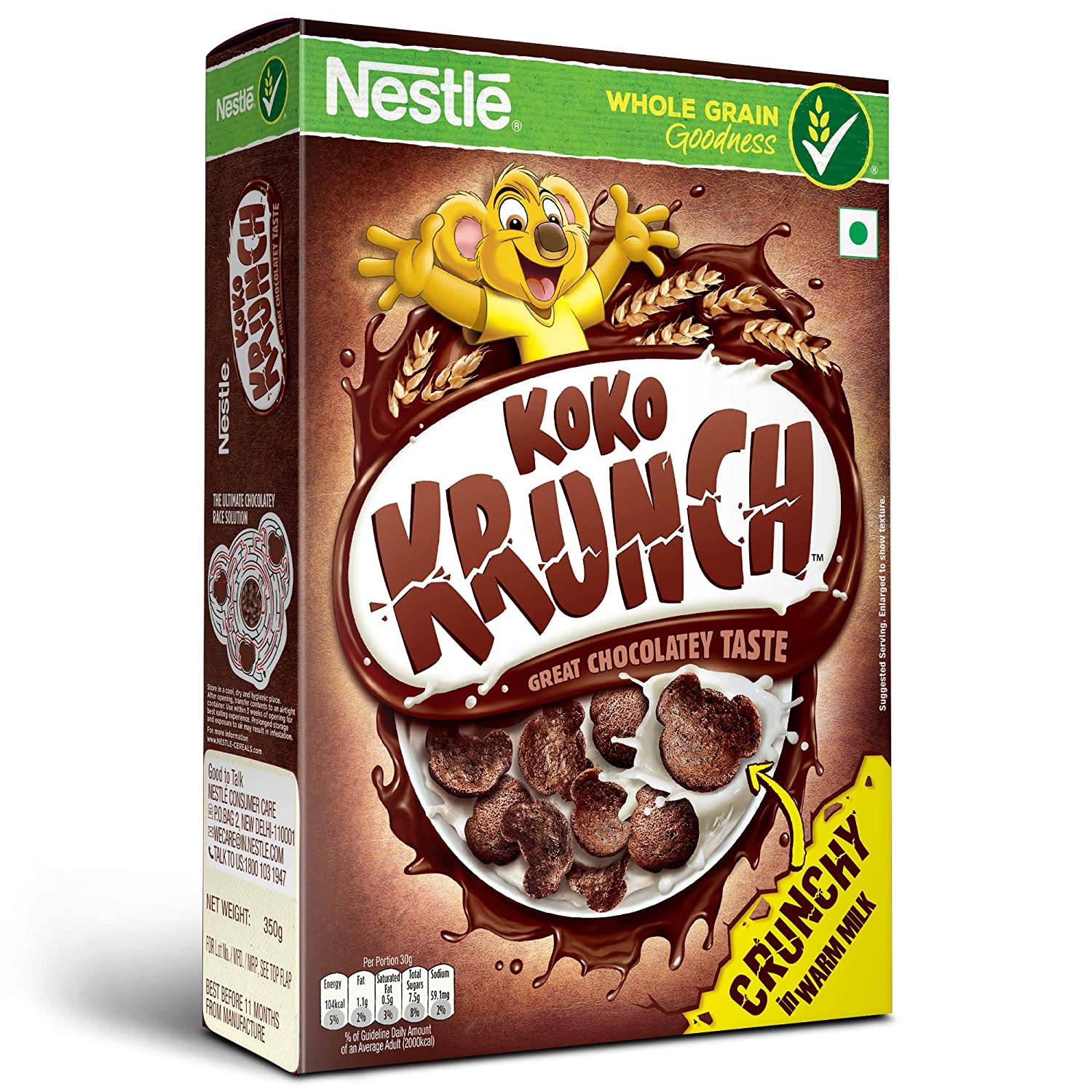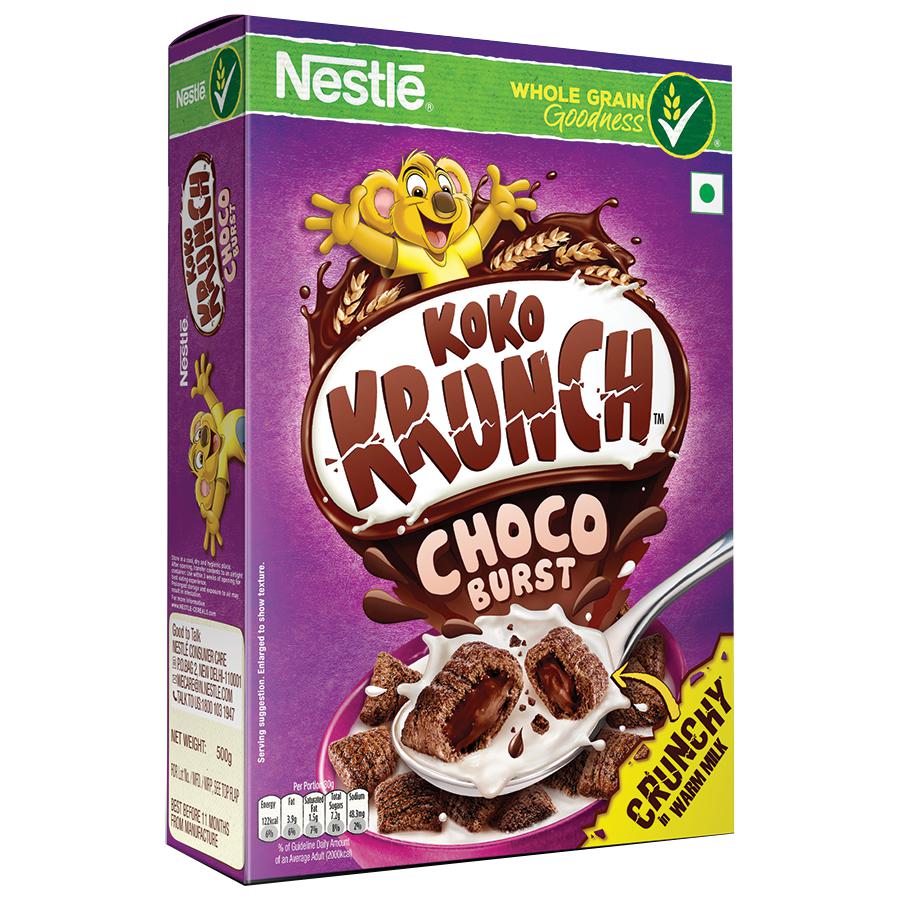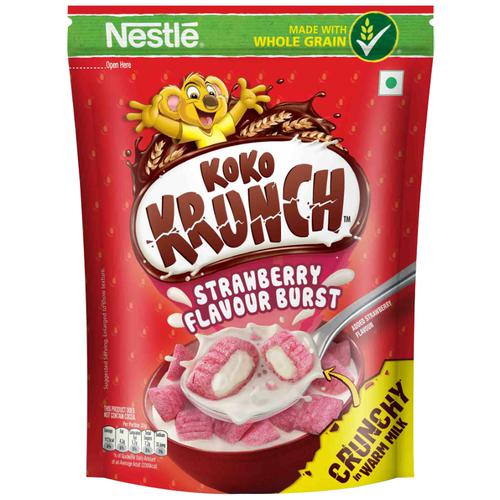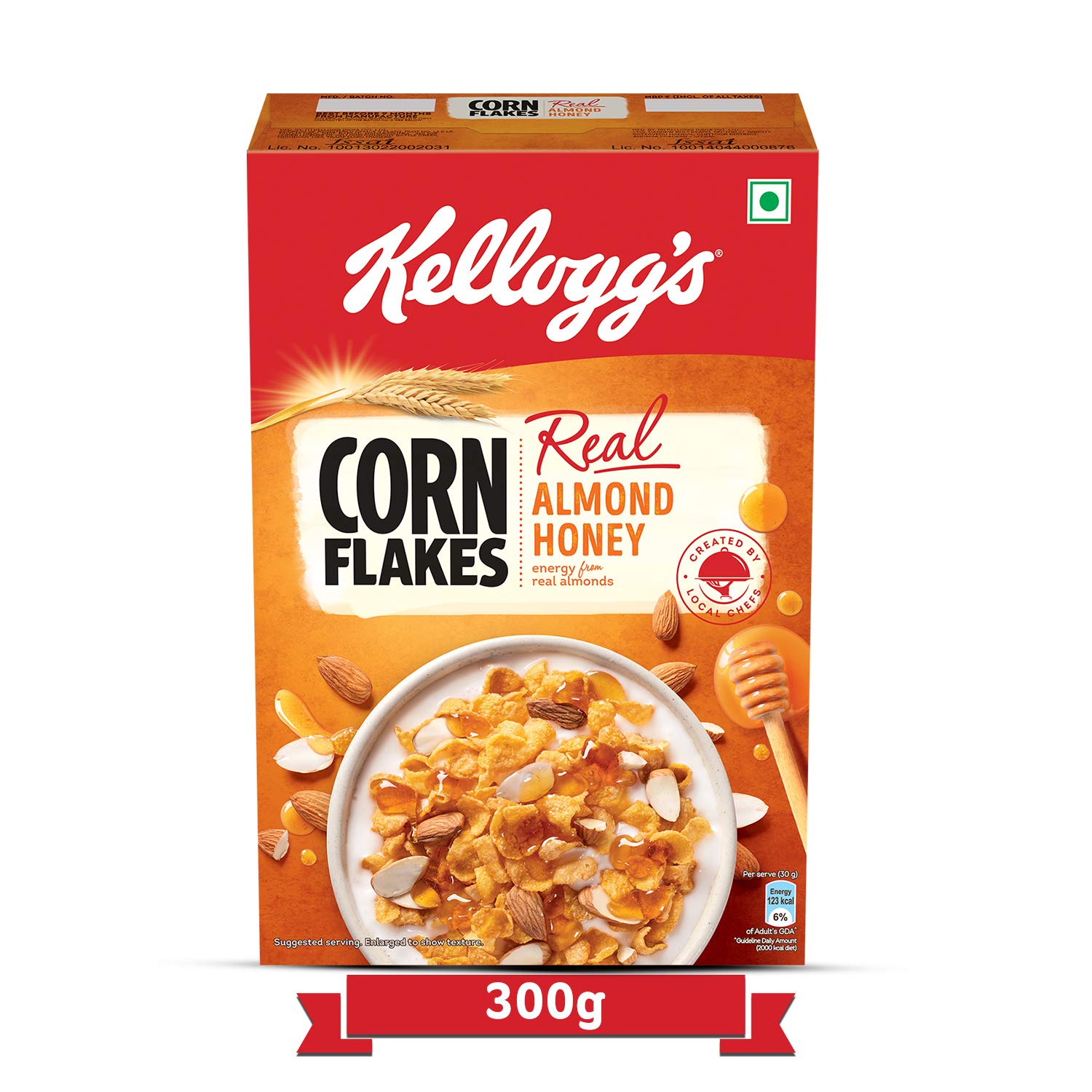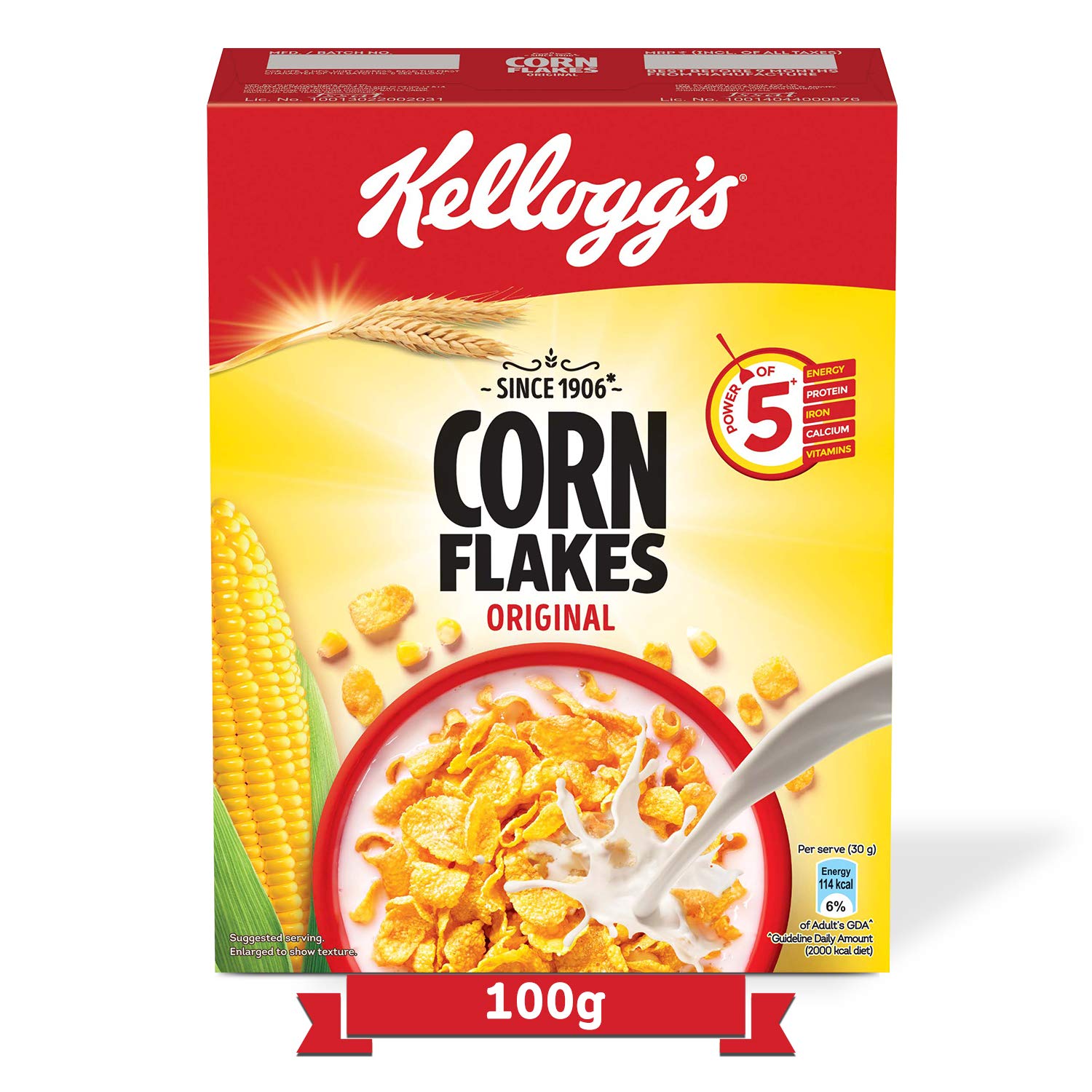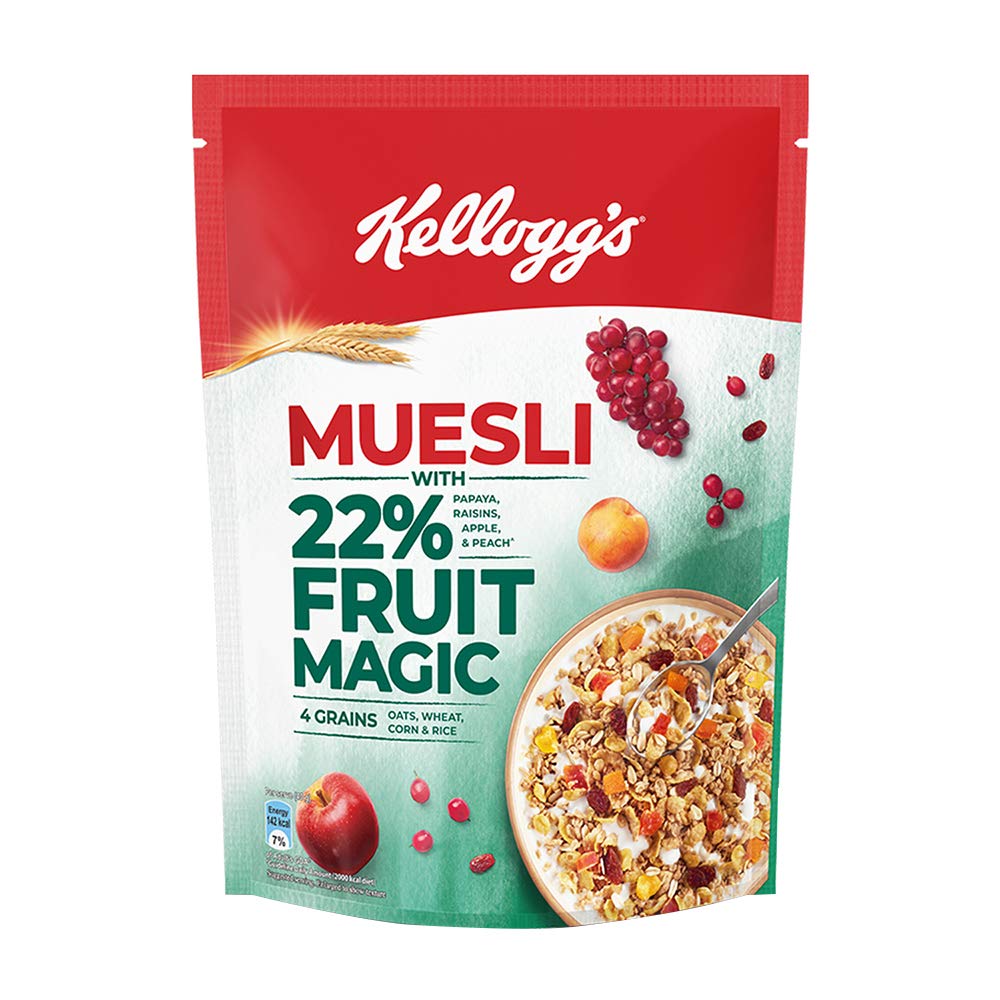Vitamin B9 (Folate)
Micronutrient
Last update date: October 11, 2023
An essential nutrient during the early stage of pregnancy. It is important for red blood cell formation and healthy cell growth and function.
Frequently Asked Questions
1.
What is Vitamin B9 (Folate)?
Vitamin B9, also called folate or folic acid, is a water soluble nutrient that dissolves in water vitamin and is found naturally in different types of food. It has an important to help in the synthesis of our genetic material, DNA and RNA while also helping us process proteins. We need more folate when we're growing quickly, like during pregnancy or when a baby is developing. You can also get folic acid from supplements or foods that have it added. It's interesting that our bodies can absorb folic acid better than the natural form of folate in food.
2.
What is positive impact of Vitamin B9 (Folate)?
Vitamin B9 offers several benefits for your health. Some of the positive impacts of this nutrient include: Treating folate deficiency: Folate deficiency can lead to anemia and other health complications. Vitamin B9 helps address this deficiency and supports the production of healthy red blood cells. Preventing birth defects and pregnancy complications: Adequate folate intake is vital for pregnant women as it reduces the risk of birth defects, such as spina bifida, and helps prevent complications during pregnancy. Maintaining brain health: Vitamin B9 supports cognitive function and is essential for the normal development and functioning of the brain, especially in infants and young children. Treating mental health conditions: Some studies suggest that Vitamin B9 may have a positive impact on mental health conditions like depression, although further research is needed to confirm these findings. Reducing heart disease risk factors: Folate plays a role in reducing homocysteine levels, an amino acid associated with an increased risk of heart disease. Adequate Vitamin B9 intake may help lower this risk.
3.
What is negative impact of Vitamin B9 (Folate)?
Generally, there are no serious side effects associated with consuming too much folic acid, as it is water-soluble and excess amounts are excreted through urine. However, there is conflicting evidence regarding potential negative impacts. Some studies suggest that excessive levels of unmetabolized folic acid in the blood may be linked to certain types of cancer, anemia, or insulin resistance in specific cases. Nevertheless, these cases are rare, and the overall consensus among medical professionals is that folic acid is safe when consumed within recommended limits.
4.
Who should avoid Vitamin B9 (Folate)?
If you have any of the following conditions, it is important to consult your doctor before taking folic acid: Epilepsy: Folic acid may interact with certain medications used to treat epilepsy, so it's essential to discuss with your doctor to avoid any potential interactions. Type 2 diabetes: Individuals with type 2 diabetes should consult a healthcare professional before taking folic acid due to potential interactions with diabetes medications. Rheumatoid arthritis and lupus: Folate supplementation may affect the efficacy of certain medications used to manage these conditions. Therefore, it is crucial to seek medical advice. Inflammatory bowel disease (IBD): Folic acid may interact with medications used to treat IBD, so it's advisable to discuss this with your healthcare provider. Celiac disease: Individuals with celiac disease may have difficulties absorbing folate from food sources. Consulting a doctor can help determine if supplementation is necessary.
5.
What are common sources of Vitamin B9 (Folate)?
To ensure you get enough Vitamin B9, incorporate the following nutrient-rich foods into your diet: Dark green leafy vegetables: Include turnip greens, spinach, romaine lettuce, asparagus, Brussels sprouts, and broccoli in your meals. These vegetables are excellent sources of folate. Legumes and beans: Lentils, chickpeas, black beans, and kidney beans are not only a great source of plant-based protein but also provide a significant amount of folate. Peanuts and sunflower seeds: Enjoy peanuts and sunflower seeds as tasty snacks. They contain a good amount of folate along with healthy fats. Citrus fruits and juices: Oranges, grapefruits, strawberries, and their juices are rich in Vitamin B9. They make refreshing additions to your diet. Whole grains and fortified foods: Opt for whole grain bread, cereals, and rice to boost your folate intake. Look for products that are fortified with folic acid for an extra nutrient boost


